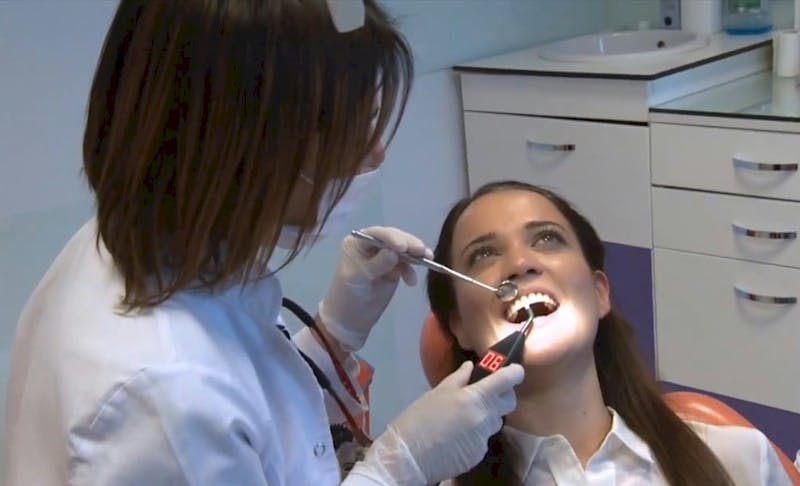Ask us about $1,000 Off Invisalign for the New Year!

Millions of people in the United States as well as in Houston, are missing at least one tooth. Tooth loss is caused by a wide range of issues include wear and tear, cancer, mouth injuries, or gum disease.
If you avoid treating your missing tooth, you may face a variety of consequences that affect your health and quality of life. Read on to learn the three main risks of not replacing your missing tooth as well as potential options for treatment.
1. Bone Loss
One of the most serious effects of ignoring a missing tooth is bone loss. Also known as bone resorption, bone loss occurs because the missing roots of the former tooth create a void in the jawbone. As time passes, the bones of the jaw will start to deteriorate.
Bone loss not only impacts the tooth that is missing but also increases the risk of losing nearby teeth. A missing tooth also raises your risk of developing gum disease and decay where the tooth used to be.
It can also have a negative effect on your facial appearance. Bone resorption can cause your facial contours to gradually change over time and may create an asymmetrical appearance to your face and lips.
2. Reduction in Your Ability to Speak Clearly and Eat
Along with its effect on your appearance, missing a tooth can also hinder your ability to eat and chew certain foods. With a missing tooth, you are most likely overcompensating with other teeth to avoid chewing near the area of the missing tooth.
This decreased ability to eat and chew can affect your overall health and lead to inadequate nutrition. You may also experience digestive issues if you are not able to fully chew foods prior to swallowing.
If you are missing teeth, especially in the front of your mouth, your speech can be negatively impacted. You may struggle with the pronunciation of certain words or develop a lisp.
3. Reduction in Self Esteem
If your missing tooth causes a noticeable space, you may begin to feel self-conscience. This may cause you to avoid smiling, talking, or eating in front of people. Avoiding these actions can have a huge impact on your day to day life, socializing, and your job. This can cause you to lose money and experience a significant reduction in the quality of your life. If your tooth loss causes gum disease, you may also develop bad breath.
Options for Dealing with a Missing Tooth
Fortunately, there are a wide variety of options for treating a missing tooth. These options include dentures, dental bridges, and dental implants. Of these choices, dental implants are the most popular as well as the longest lasting.
In comparison to the other options available for treating missing teeth, dental implants are sturdier, more durable, and longer lasting. Along with being a more durable fix, dental implants can also help preserve the health of your jaw bone. Dental implants utilize a titanium post that fuses with your jawbone as time passes. This helps support the jawbone, promote growth, and minimize the loss of bone. Getting dental implants installed can also help boost your confidence since they function and look like regular teeth.
Final Thoughts
Although struggling with a missing tooth can be overwhelming, speaking with a the skilled Houston dentists at Sinada Dental can help you determine your best route of treatment. With a variety of treatment options available, it is best to replace your missing tooth rather than deal with the potential consequences. Consider contacting a Houston Dentist today if you are dealing with a missing tooth.
Back to Blog


